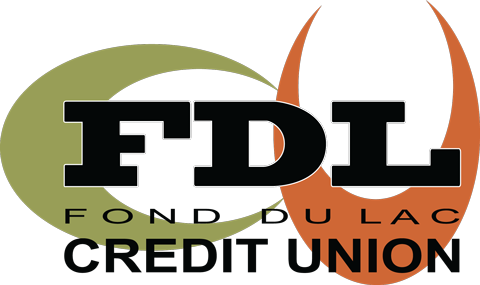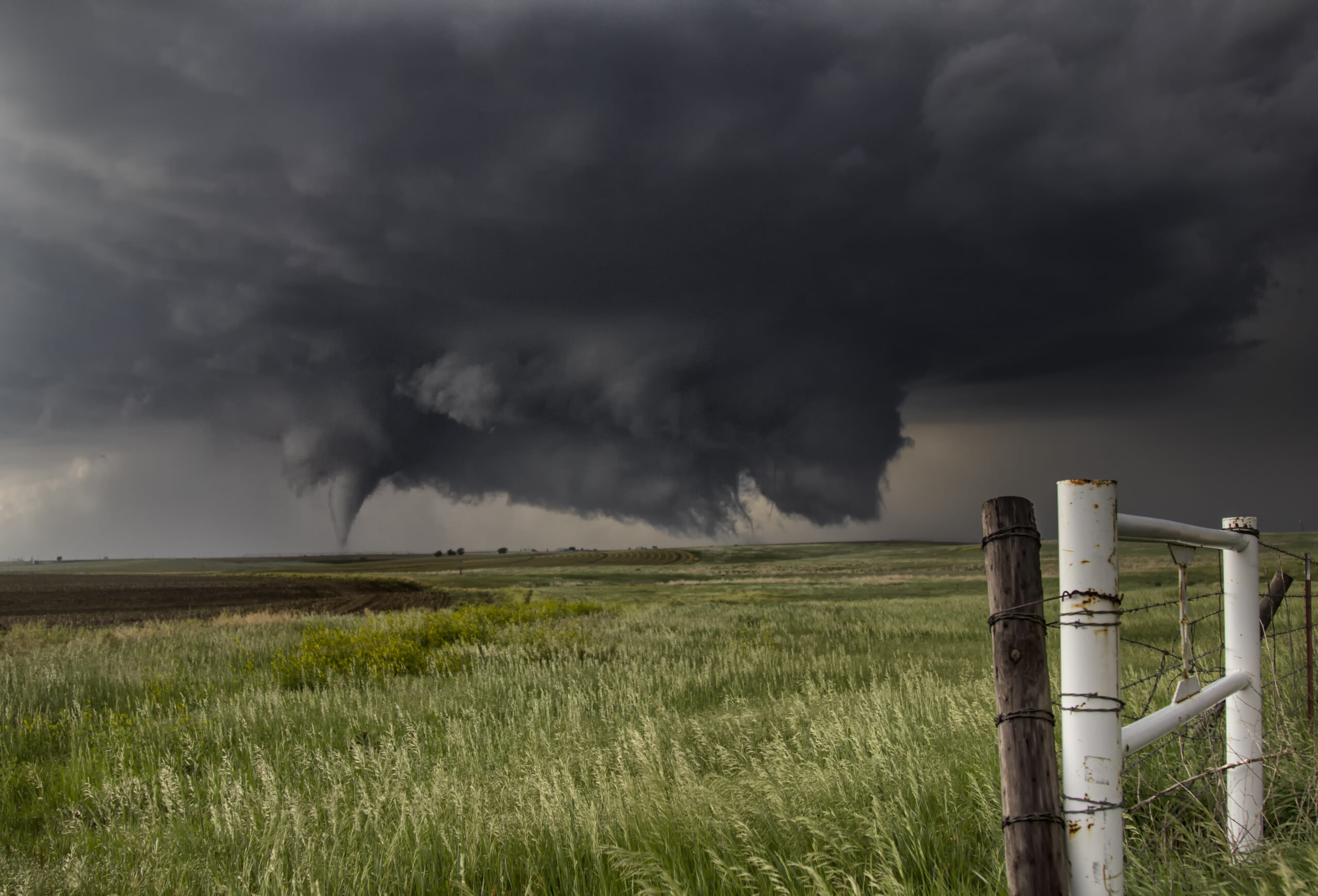Spring is the season for tornados and turbulent weather. In fact, according to the National Weather Service, Wisconsin averages 23 tornados a year. Fraudsters see this as the perfect opportunity to take advantage of those who are vulnerable. When you live in an area that’s prone to storms, or you volunteer to help victims of natural disasters, beware of these post-disaster scams.
- Fake Disaster Relief
Scammers may pose as reputable organizations such as FEMA, the Department of Health and Human Services, or the American Red Cross, which are responsible for helping disaster victims. They promise financial aid in exchange for sensitive personal details like your social security information, credit card information, checking account number, or other personal information that can be used to steal your identity.
When seeking aid, it is safer for you to initiate contact—you are more likely to avoid a scam artist. But, if a government official approaches you, ask for identification. Remember, there are no fees when applying for government assistance following a disaster. Any request for fees is fraud. - Insurance Impersonation Scams
Scam artists may also pose as insurance claims adjusters or representatives of insurance companies, offering to help you file claims or to get you immediate funds. If you get a phone call about an insurance claim or policy, don’t give out any personal information or agree to any payment until you can independently verify that the call is legitimate. - Home Repair Scams
Following damaging storms, scammers pose as home repair companies and scour damaged neighborhoods for homeowners seeking repairs. They may use high-pressure sales tactics, offer one-day-only discounts, or push you to pay money upfront for repairs, then do a sloppy job, or never complete the work. Some dishonest contractors may take advantage of people in need by raising prices or falsifying damage.
Never hire a contractor on the spot. Before hiring anyone to do any work on your home, get your insurance company to survey the damage. You can also verify that the contractor is legitimate by checking with the Better Business Bureau. - Bogus Charities
When a natural disaster hits, fake charities pop up everywhere. Scammers create fake charities or use legitimate charity names to solicit funds. You can check out a charity’s legitimacy at Charitynavigator.org and on the Better Business Bureau website. It’s often best to contact the charity you wish to support on your own.
Disaster scams pose a serious threat to homeowners trying to rebuild after devastating events. By knowing the common types of scams and the tricks used by fraudsters, you can better protect yourself and your community. Remember, knowledge and preparation are your best defense against scams in the wake of disaster.

